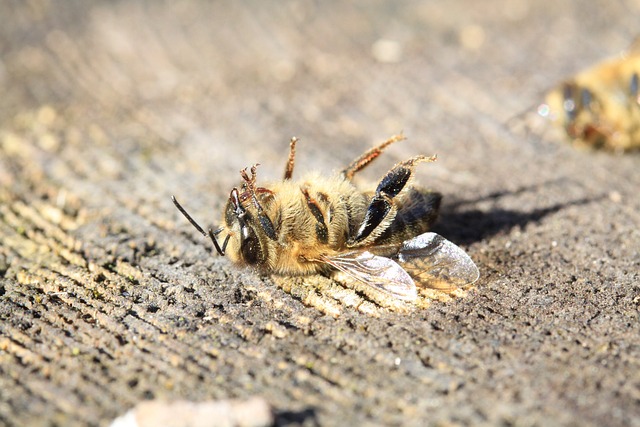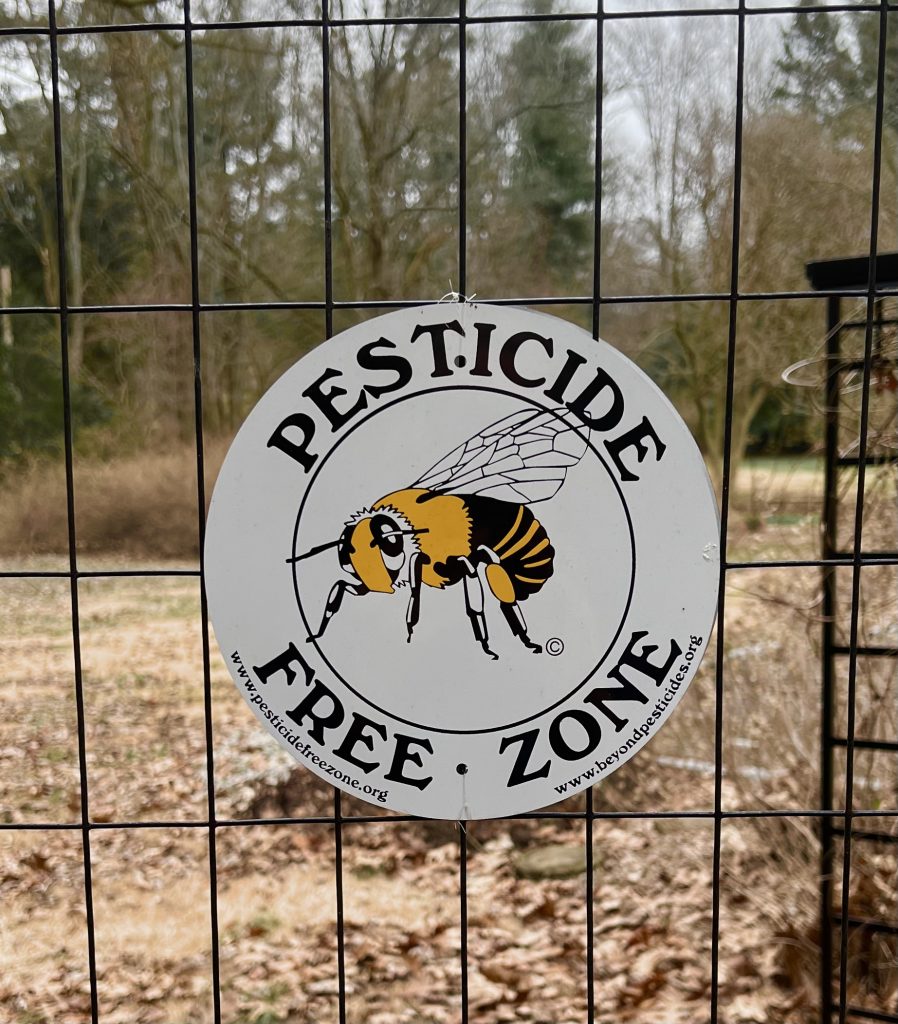

Why are we killing monarch butterflies? Perhaps people are not aware they are contributing to Monarch demise. Unfortunately, many residents use toxic chemical on their lawns or contract with mosquito spray companies that use products highly toxic to insects.


Our TTM Biodiversity Group has worked very hard to promote planting natives to increase biodiversity and provide what insects and birds need to thrive. We have accomplished so much in the past year. However, our efforts are being undone by pesticides and mosquito spray drift—which is killing all the butterflies and pollinators we attract to our native plant gardens.




This is not good news for birds, either. How are birds affected? Many birds depend on a diet of insects. For example, 80% of a hummingbird’s diet is insects, with a little nectar thrown into the mix. Then there’s the matter of baby birds. Birds feed their babies caterpillars. No caterpillars, no surviving baby birds. Think about that.
Therefore, our Biodiversity Group is taking on the challenge of educating our community, because many people simply don’t know there are safe, simple and inexpensive alternatives to pesticides. Check it out on Doug Tallamy’s video on eliminating mosquitoes.
If Dr. Tallamy’s remedy doesn’t appeal to you, there are many other safe alternatives to control mosquitoes.
But don’t stop there. Please learn about the harmful effects of toxic lawn chemicals used to control weeds, grubs and other lawn problems. Many pesticides used on lawns are harmful not only to insects and birds, but also to pets, children, and you. You will find comprehensive information regarding pesticides at Beyond Pesticides.



Signs such as these, available from Beyond Pesticides.org, can be an effective way to educate your neighbors.
What you don’t know can hurt you. Be sure to read about the human health affects of 40 commonly used lawn pesticides.
Please protect our pollinators, birds, pets, your children and yourself by choosing a safe way to control mosquitoes and care for your lawn.

Leave a Reply